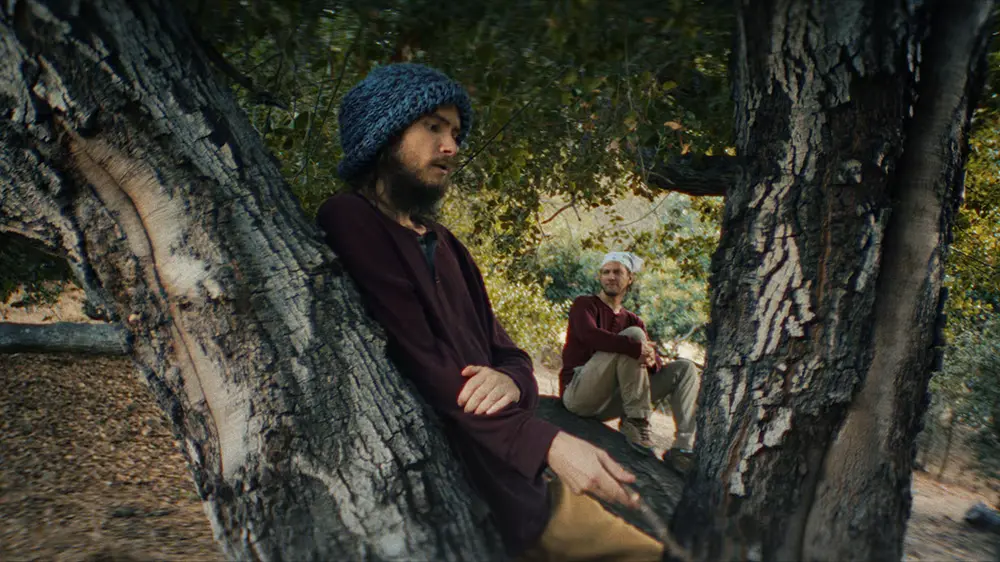NR | 1h 52min | Drama | Jan. 13, 2023
Chess terms like “checkmate” and “end game” lends themselves to military strategy. The game is also a pastime that sometimes blossoms into an obsession, but that is a feature rather than a problem for Dr. Josef Bartok (Oliver Masucci), at least while his National Socialist captors hold him in solitary confinement.




